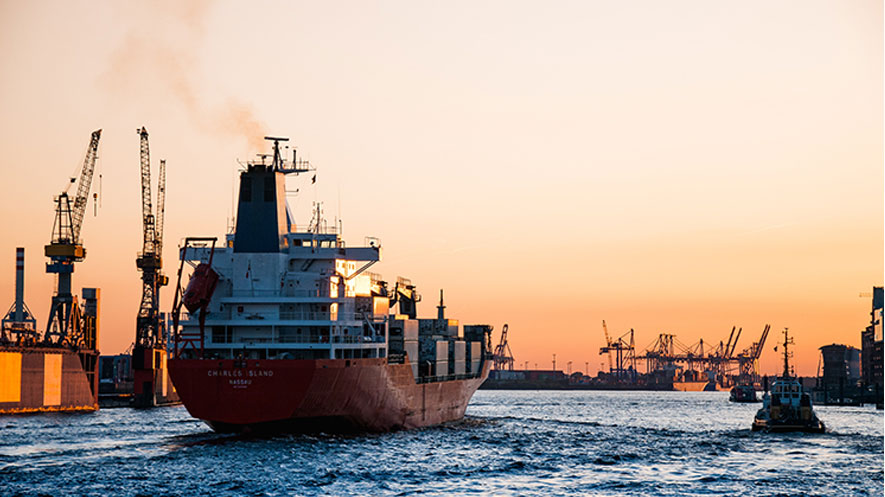The technology group Wärtsilä announces its strong support for the agreement reached in April at the International Maritime Organization (IMO) in London.
The global maritime community meeting at the United Nation’s IMO have adopted an initial strategy to reduce greenhouse gas emissions (GHG) from ships, setting out a plan to reduce emissions by at least 50 percent by 2050 compared to 2008 levels.
“This long-awaited agreement represents an important milestone for global shipping. It is critical that we have an industry-wide framework for reducing emissions, and this sends a clear signal that we should all join forces in promoting carbon-free shipping,” says Jaakko Eskola, Wärtsilä’s CEO. “The next extremely important step must be to define concrete abatement measures, and to establish a clear roadmap together with the industry and decision-making bodies.”
Maritime transport has always played a major role in making it possible for a truly global economy to function. Shipping connects countries and markets, thus forming the backbone of international trade. The sector has, therefore, a responsibility to strive for sustainable performance in its operations by minimizing emissions and pollutants.
Wärtsilä has long focused its development work on introducing technologies that enable shipping to lower its environmental load significantly.
“It is vital to note that there is no single solution for decarbonizing the shipping sector while also controlling the other pollutants,” Eskola points out. “A clean-shipping future must be based on the combining of different technologies and various solutions. These will include cleaner fuels, efficient vessel designs, hybrid propulsion technologies, and intelligent vessels.”
Increased adoption of liquefied natural gas (LNG) as a marine fuel will be needed to accelerate the reduction in GHG. The progress already made in LNG-related innovations can lower emissions of GHG from vessels by as much as 30 percent. The constant development of new technologies is creating the potential for even further reductions. LNG as a marine fuel has a crucial role in GHG reduction roadmap and provides the basis for other actions to even further reduce the emissions of shipping.
Digitalization is benefitting society at large and will have a positive impact on the shipping industry. Wärtsilä’s Smart Marine vision, which utilizes high levels of digitalization and connectivity, aims at increasing overall resource efficiency, minimizing the environmental burden, and increasing the safety and reliability of maritime transport.
“We should look beyond just vessel-level emissions. To be truly effective, we need to target everything involved in moving goods and passengers. At Wärtsilä, we envision a Smart Marine Ecosystem wherein smart vessels sail between smart ports in an environment of optimal efficiency and minimized emissions,” comments Jaakko Eskola.
In welcoming this IMO agreement, Wärtsilä urges all relevant parties to join forces in making shipping more sustainable.





